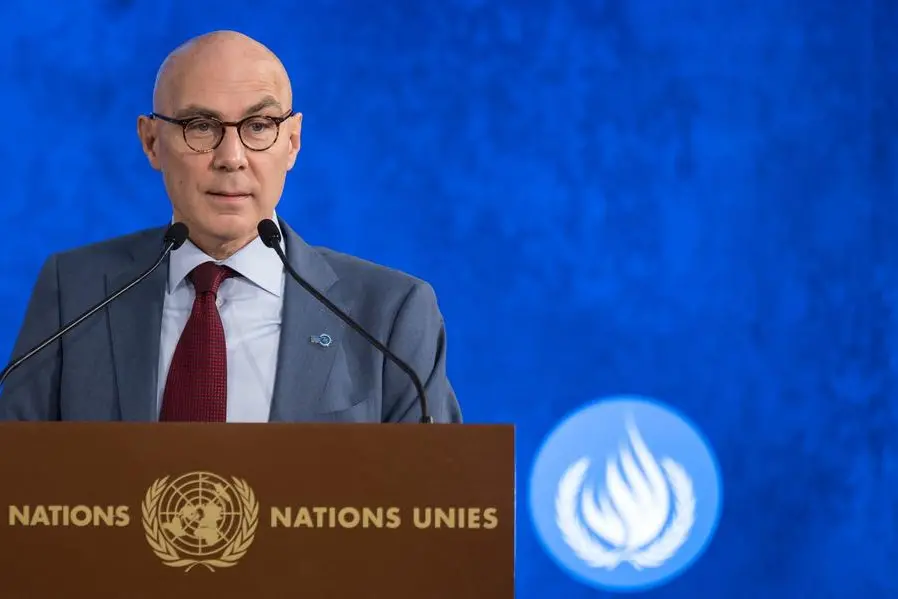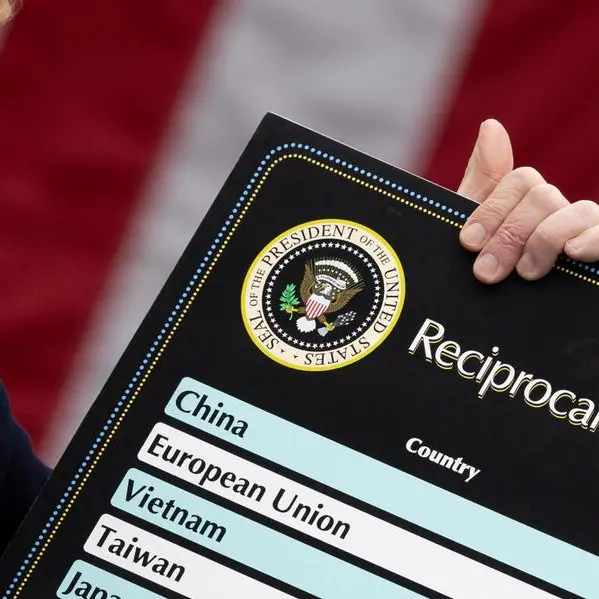PHOTO
Britain's new legislation on its controversial plan to send asylum seekers to Rwanda for processing undercuts basic rights principles, UN human rights chief Volker Turk said Monday.
Turk said the moves to facilitate removals to Rwanda ran contrary to the basic principles of the rule of law and risked delivering a serious blow to human rights.
British Prime Minister Rishi Sunak's government introduced the Safety of Rwanda (Asylum and Immigration) Bill late last year, shortly after the Supreme Court ruled that deporting asylum seekers to Rwanda would be illegal under international law.
If passed after ongoing scrutiny in both houses of parliament, the legislation would compel British judges to treat Rwanda as a safe third country.
It would also give government ministers powers to disregard sections of international and British human rights legislation.
"The combined effects of this bill, attempting to shield government action from standard legal scrutiny, directly undercut basic human rights principles," Turk said in a statement.
"Governments cannot revoke their international human rights and asylum-related obligations by legislation."
The United Nations high commissioner for human rights called for the bill to be reconsidered.
"I urge the UK government to take all necessary steps to ensure full compliance with the UK's international legal obligations, and to uphold the country's proud history of effective, independent judicial scrutiny," Turk said.
"Such a stance is today more vital than ever."
Sunak has vowed to cut regular and irregular immigration that has reached record levels despite promises to tighten UK borders after the country's departure from the European Union.
The Rwanda plan is at the heart of Sunak's pledge to "stop the boats" of migrants crossing the Channel from northeastern France in flimsy and ill-suited vessels.
He insists the scheme to send asylum seekers to the East African country is essential to deter migrants from considering travelling to Britain via unauthorised routes.
Sunak faces a general election in the second half of this year, with immigration likely to be a major issue. Opinion polls show his Conservative party is currently on course for defeat.
- 'Antithetical' to justice -
Turk said the bill would drastically strip back the courts' ability to scrutinise removal decisions by requiring all decision-makers to treat Rwanda as a safe country, irrespective of any evidence that exists now or may come to light in the future.
"Settling questions of disputed fact -- questions with enormous human rights consequences -- are what the courts do, and which the UK courts have a proven track record of doing thoroughly and comprehensively," said Turk.
"It should be for the courts to decide whether the measures taken by the government since the Supreme Court's ruling on risks in Rwanda are enough.
"You cannot legislate facts out of existence."
Turk raised concerns that the bill would substantially restrict the application of human rights laws and standards.
It also renders discretionary the implementation of interim protective orders of the European Court of Human Rights, which are internationally binding on Britain.
"It is deeply concerning to carve out one group of people, or people in one particular situation, from the equal protection of the law. This is antithetical to even-handed justice, available and accessible to all, without discrimination," Turk said.





















